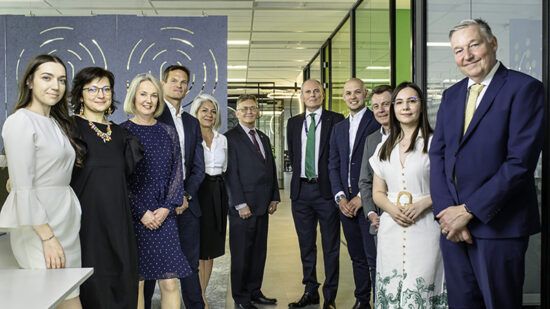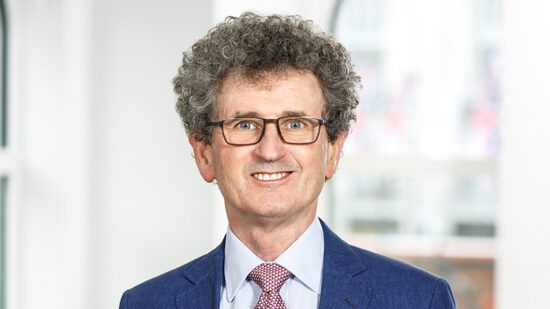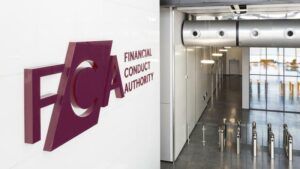Last year I attended a Carbon Literacy course, wanting to hear how non-finance voices talk about climate change. The science was familiar to me, but I appreciated the simple aim of the training. This was to convey:
- The urgency of emissions reduction and;
- The agency that people have to make a difference.
We have a chorus of facts communicating the urgency of climate action but let’s consider this in a financial planning context. We need to spread awareness of the economic and financial risks caused by temperature rises and how these will affect investor outcomes. We must also consider how clients’ life goals and their ability to plan for them could be disrupted. This information is material to all clients, not just those with sustainable investment preferences.
We have seen many reports about the physical effects of climate change and the impact on government budgets, GDP, inflation, financial returns and jobs. There is less discussion about how this might impact our clients’ financial planning.
Insurance is a vital safety net for clients’ financial planning journey, ensuring they can ride out life’s storms. In many parts of the world however, insurance for homes and businesses is increasingly hard to come by, given the high risk of fire and flood.
And then there is retirement planning, a big focus for the Financial Conduct Authority (FCA) at present. Can we determine what a good retirement looks like, and its cost without looking through a climate change lens? Many climate risks and consequences impact a retirement plan – from stranded assets to the ability to travel or live safely in various parts of the world.
Estate planning is another important advice service, but how could climate change affect intergenerational wealth? It may impact how many children and grandchildren people will have, what their life goals will be and the level of financial support they might need to attain them. Will younger generations be able to climb high enough on the property and career ladders to avoid rising sea levels and stranded industries?
We should also consider another FCA focus, client vulnerability. How will climate impact affect our physical and mental health?
SDR regulation has put the focus on sustainable investments (which is of course important), but we need to focus on specific human impact too. Sustainable finance is not just about picking an Improver or a Mixed Goals label – it also requires that we improve personal resilience if we don’t want our goals to slip through our fingers.
So these are some reasons for urgency, how does the financial planning profession maximise its agency? There are two parts to this – optimising the application of our own skills and facilitating agency for our clients (which is a subject for another time).
The agency of financial planners
Like governments, companies, communities and families, the finance sector must participate in and adapt to the transition to a net-zero economy.
There are two broad types of player here – senior people who have ready power to make change but perhaps not the will, and more junior professionals who lack the power but have the necessary capacity for change.
I see great potential in those that have 30 years ahead of them in finance and will live through the transition. It is important that their agency is fully realised. We need to encourage and provide a platform for their vision of what financial planning would look like if they were building it from scratch, applying forward thinking, investment philosophies based on 21st century realities and an appreciation that growth at all costs is not automatically what clients are seeking from us.
There are various ways that young professionals can maximise their sustainable finance agency. These include:
- Becoming the subject matter expert – because the flow of information is vast and constantly evolves.
- Providing unbiased scrutiny of sustainable products and services, receiving and transmitting information from reliable sources.
- Using creative or technical communication skills to make complex words and numbers accessible for both colleagues and clients.
- Being a guide or a challenger to those who have authority – in an appropriate and safe manner – and an advocate for clients who may not be getting the sustainable investment and financial planning options that best suit them.
Those striving to build their finance careers who are happy to collaborate and think creatively have great potential to deliver positive environmental and social outcomes, as well as developing their personal skills and influence. My inbox is open for anyone who wishes to explore this further!








